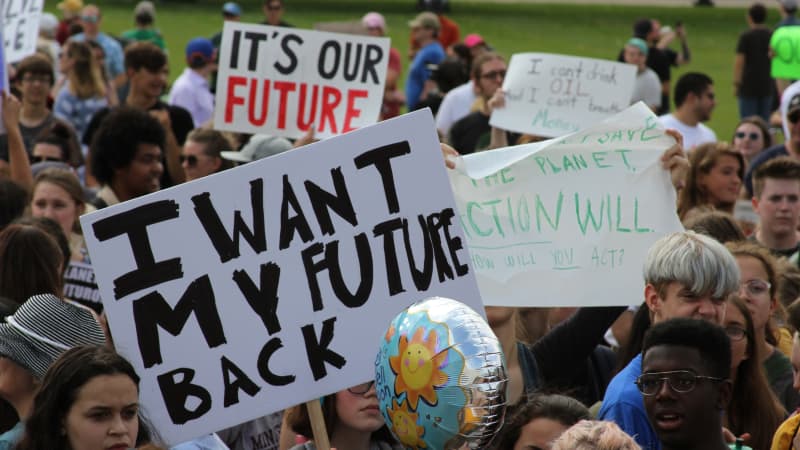Addressing a Global Crisis: Comparing the Social Media Communication of Fridays for Future in the Global North and the Global South
Eindproef Master in Communication Studies: Digital Media and Society in Europe

Samenvatting
This thesis delves into why climate change presents a formidable communication challenge, termed the “perfect communication storm.” Media struggles to convey the far-reaching impacts of decisions, hindering understanding of global connections and injustices. To address this, I explored how young climate activists of the Fridays for Future / Youth for Climate movement utilize social media for communication. Despite diverse backgrounds, they mobilized a global movement, primarily through social media platforms. Through a quantitative analysis of over 500 Instagram posts from Belgium, Germany, Pakistan, and India, I examined the prevalence of local, national, and international topics and demands. Expert interviews from activists across different countries provided valuable insights. Results show that while international connections among groups vary, their messaging prioritizes global perspectives alongside local issues and an intersectional understanding of the climate crisis. Although not immune to challenges, their communication fosters potential for constructive international discourse.
Hoe draagt deze masterproef bij aan duurzaamheid?
My thesis examines how communication can foster an intersectional understanding of sustainability by addressing economic and social inequalities exacerbated by the climate crisis. Despite challenges in mainstream media framing, I investigated how activist communication, particularly by the Fridays for Future movement, navigates these issues on social media. Through analysis and interviews across different countries, I explored communication strategies and perspectives. The research highlighted similarities in messaging across regions, emphasizing global outlooks and local issues. Additionally, I identified tensions between climate action and climate justice narratives and explored activists’ relationships with traditional media. The study contributes to understanding activist communication patterns and offers insights for future activism and research. Future research could expand on this analysis, shedding light on how new understandings spread and how activists balance mainstream acceptance with advocacy for change.
